Toulouse on November 6, 2021
Aviation Tech Week Aviation Show kicked off on November 3, 2021 in the main amphitheater of Diagora in Toulouse Labège with the opening speech of Mr. Woodrow Bellamy, Editor-in-Chief of Avionics International, who introduced speakers from Etihad, Collins, Dassault and Airbus among others.
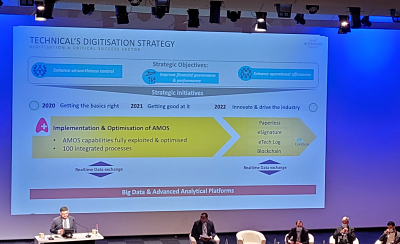
He reviewed the most important technologies in the aerospace field and in particular 5 main innovations and updates in the avionics industry, such as commercial airline connectivity, electric aircraft and eVTOLs, cyber security, intelligent aircraft systems, machine learning with artificial intelligence.
Mr. Woodrow Bellamy spoke about next generation satellite networks (Low Earth Orbit) such as Telesat light speed LEO, Oneweb LEO, starlink/SpaceX for commercial aircraft connectivity.
He cited the recent FAA 5G Airworthiness Bulletin regarding the airworthiness data needed on aeronautical distress and safety systems.
The first speaker, Mr. Ihsan Bari, Director of Operations Strategy at Etihad Airways, presented the UAE national carrier’s actions in the face of the Covid 19 pandemic turned into an opportunity for change, mentioning for example that the digitization deployed by the company would be a success factor.
According to Mr. Ihsan Bari, Etihad’s commitment to environmental sustainability is also high on its agenda, despite the challenges of the pandemic. “Environmental sustainability has been on Etihad’s agenda for a number of years, and it remains so,” he said.
Etihad has set an ambitious goal of zero net emissions by 2050 and halving its 2019 net emissions levels by 2035. According to him, collaborations with Boeing, Nasa, Safran on the brand new 787 are accelerating innovation to improve the sustainability of air transport.
Etihad’s major transformations underway are optimizing AMOS (Aircraft Maintenance and Engineering Operating System) software capabilities, paperless maintenance operations, business performance, optimizing “smart data” and artificial intelligence capabilities, and full process automation.
The session was attended by Mr. Phil Godrey, Director of Global Strategy for Collins.
Collins explained that building a sustainable future for aviation requires industry-wide commitment from all stakeholders, shared goals, aligned priorities, cross-sector collaboration, standards to track progress and stable regulations.
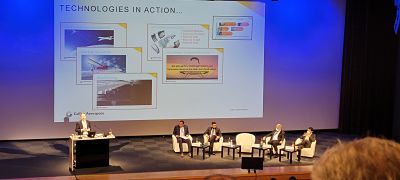
This sustainable future is built on a technology and industry roadmap to achieve net zero theft through smarter routing, advanced lighter materials, more integrated systems, hybrid electric and hydrogen vehicles, and a sustainable technology revolution. Mr. Phil Godrey spoke about the technologies Collins is working on such as ATM (Air Traffic Management) and flight path optimization, electric rotor, weight saving, next generation nacelle, to name a few…
Mr. Bruno Stoufflet, CTO (Chief Technical Officer) of Dassault Aviation, presented Dassault’s developments to help reduce the environmental footprint.
First, there are developments specific to business jets concerning the reduction of emissions, such as the reduction of mass with the introduction of composite materials for large structures or the preparation and management of missions based on “Low CO2” trajectories (with reduced CO2 emissions).
Secondly, Dassault is working on external noise reduction, with new aircraft configurations, optimized procedures for business jets and ground noise reduction.
Collaborative developments have been carried out on laminarity for drag reduction, with participation in the Airbus BLADE demonstrator, optimized energy management (electric de-icing solutions) for fuel consumption reduction, compatibility of aircraft systems with sustainable aviation fuel, aiming for 100% non-fossil fuel in the long term, eco-design and generalized life cycle analysis, the REACH compliance process (regulations reducing the use of products harmful to health), and preparation for future air traffic control management (Sesar 2020).
Other topics included human-machine learning, the new roles of machines, the ubiquity of artificial intelligence and the expansion of Dassault’s services.
The final presentation was from Airbus, whose goal is to be a pioneer in sustainable aviation, reducing lifecycle CO2 emissions by 80% compared to fossil fuel, certifying up to 50% Sustainable Aviation Fuel (SAF) from biomass for all Airbus aircraft today and aiming for 100% by 2025 – 2030.
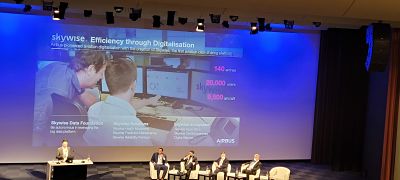
Thank you to Aviation Tech Week for bringing together so many aviation stakeholders in November 2021 to share aviation’s progress towards a more sustainable and livable world. Nadia Didelot
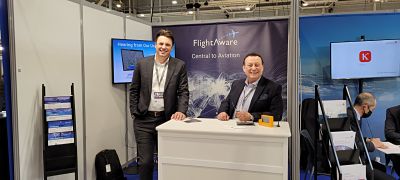
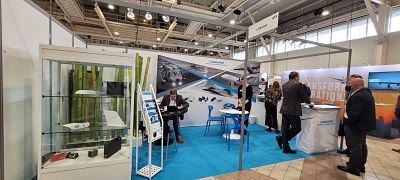
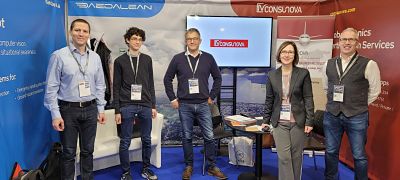
(Laureate Excellence Club Aerospace Awards 2021 (For Innovation 2021 Award)
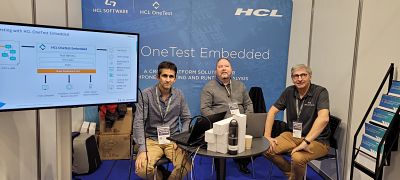
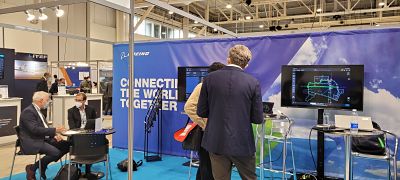




Be the first to comment on "Aviation Tech Week"